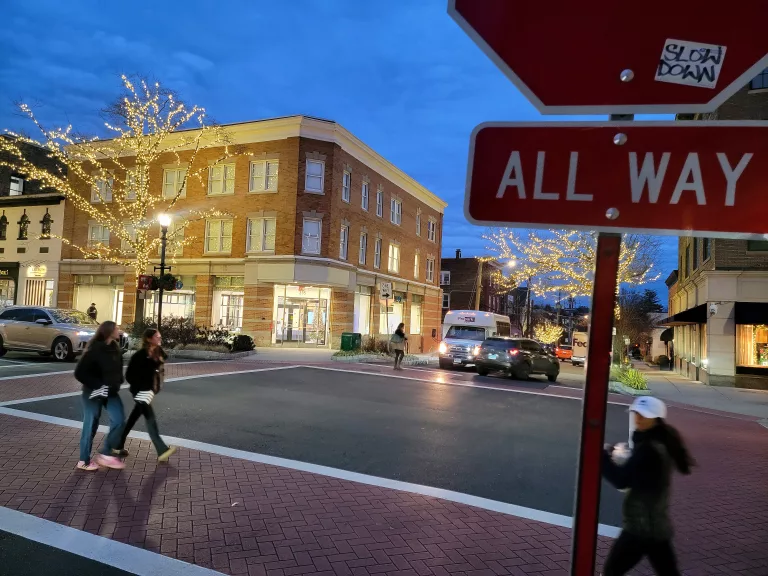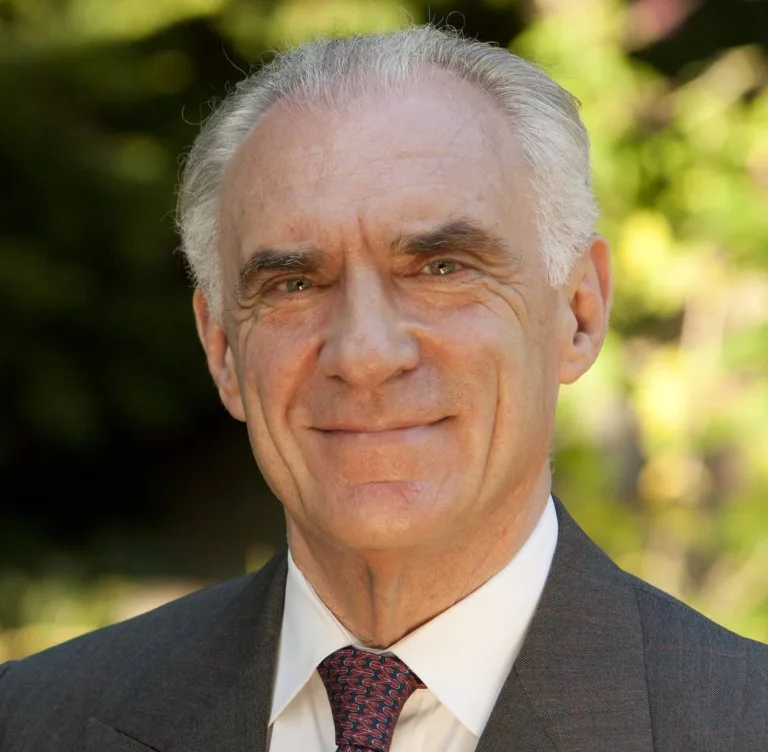Greenwich residents, like many across Connecticut, are facing an alarming rise in their electric bills. As the third-highest in the country, behind only Hawaii and California, these skyrocketing costs are creating a heavy burden on households, especially as we approach the winter months when energy usage— and costs—will inevitably increase. Energy prices are part of the equation, as are “public benefit” charges, which are significantly inflating what residents pay each month—sometimes up to 29%. These charges, often hidden in plain sight, need immediate legislative attention. Yet the state legislature remains in recess, while families struggle under the mounting costs.
A special legislative session is needed now, ahead of winter, to confront these rising costs and provide some relief to ratepayers. Connecticut’s legislators must get back to work and fix this problem before it’s too late.
Electric bills are made up of several components, and one of the most overlooked is the “public benefit” charge. These funds are directed toward various state programs, including energy efficiency initiatives and subsidies for unpaid utility bills. While these programs may serve important roles, they also represent a hidden tax on ratepayers which has not been vetted and is not transparent.
The state’s public benefit charges are also used to subsidize infrastructure like electric vehicle chargers. These subsidies—beneficial to some, a burden to all— are essentially fuel costs that drivers should be paying themselves, especially when so many are already struggling with their own bills. It’s time to rethink these charges and how they are applied.
The legislature can and should take immediate steps to bring relief to residents. The first step is to cap new state energy purchases. Right now, the state is preparing to sign new energy contracts that could lock in prices at four times the market rate for the next 20 to 30 years. Capping these purchases before they are finalized could save millions for ratepayers in the long term.
Another key proposal is to use remaining American Rescue Plan Act (ARPA) funds to cover the unpaid utility bills that accumulated during the COVID-19 pandemic. These funds are running out, and it is essential to use them wisely before they are depleted. By covering these debts, the legislature can restore fairness for many families who should not be bearing the burden for others who did not pay their electric bills.
Additionally, eliminating subsidies for private infrastructure through electric bills is necessary. Residents should not be paying for services they do not use, and especially not for private infrastructure that only benefits a few.
Winter is fast approaching, and with it, higher energy demands. Connecticut households cannot afford to wait until the regular legislative session in January to address these issues. Every month that passes means more residents struggling under the weight of rising energy costs, with no relief in sight.
In Connecticut, a special session can only be called if at least 50 percent of both the House and Senate agree to return. Right now, 65 legislators have signed on to reconvene and address these urgent energy issues. However, none of the three state representatives from Greenwich—Steve Meskers, Hector Arzeno, or Rachel Khanna—have signed on to a special session. Without their signatures, this vital session could never happen.
It is time for our local representatives to step up and join state Senator Ryan Fazio and the growing list of legislators calling for immediate action. The process is clear: they must sign and then return to Hartford to address the problem. The longer they wait, the worse the situation will get for families across the state. These are not abstract policy debates—this is about helping Connecticut residents who are paying the third-highest electricity bills in the nation, many of whom are already struggling.
Greenwich residents can play a crucial role in this process. They need to urge their Representatives to sign on to the special session petition. This is not a partisan issue—it’s about getting back to work and solving a problem that impacts every household in our community. Residents can contact their state representatives directly and encourage them to act now, before the winter months bring even higher energy costs.





